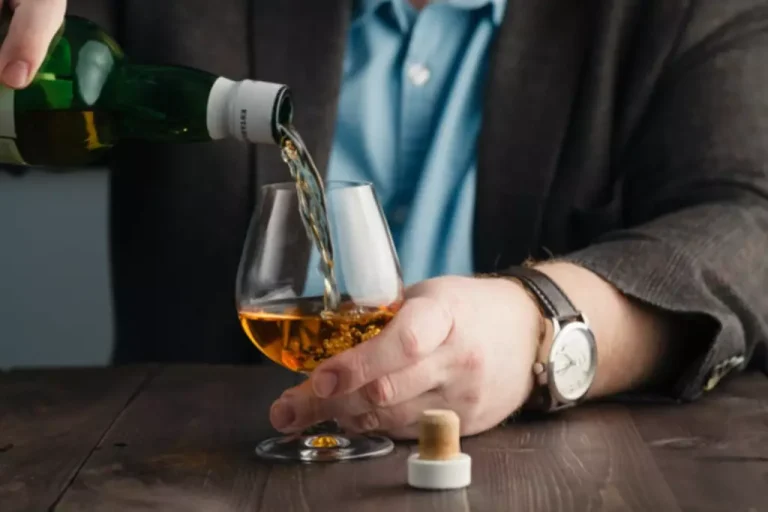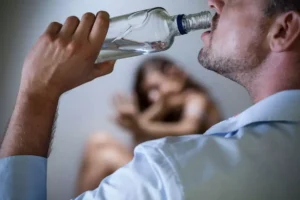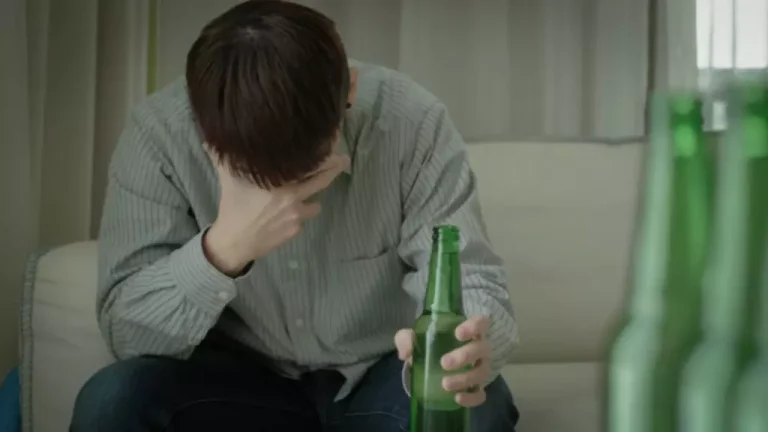
In those people, insulin levels are diminished, because the fasting has considerably lowered their blood sugar levels, thereby depriving the pancreas of its stimulus to produce and secrete insulin. Gluconeogenesis, which also occurs primarily in the liver, involves the formation of new glucose molecules from alanine and glycerol. Alanine is generated during the breakdown of proteins in the muscles, whereas glycerol is formed during the metabolism of certain fat molecules (i.e., triglycerides). Alcohol metabolism in the liver, however, actually shuts down the process of gluconeogenesis and thus the second line of defense against hypoglycemia.
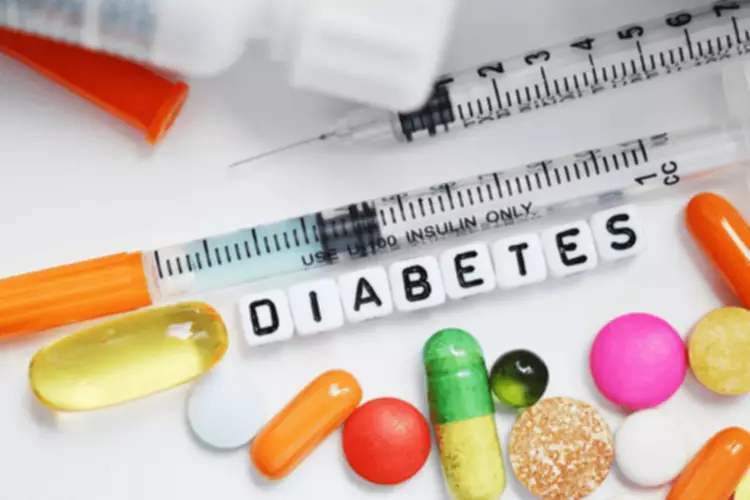
Are some people more prone to blackouts?
- Knight and colleagues (1999) observed that 35 percent of trainees in a large pediatric residency program had experienced at least one blackout.
- Moderate drinkers, for example, have been shown to experience lower rates of cardiovascular disease.
- According to a study published in 2021 in the journal Diabetes Therapy, nerve damage will continue to progress if a person with neuropathy continues to drink alcohol.
When a person blacks out, their brain stops making new memories for a period of time. Injury, sexual assault and alcohol poisoning often occur during blackout events. When a person’s blood alcohol content reaches a certain level, the alcohol prevents their brain from recording long-term memory. So yes, you can still drink, but you need to be aware of how it can affect your body and how to manage this. For example, drinking can make you more likely to have a hypo, because alcohol interferes with your blood sugar levels. It can affect your weight too, as there can be a lot of calories in alcoholic drinks.
Get our weekly newsletter with diabetes articles and recipes!
Two additional medications—metformin and troglitazone—are now being used to treat people with type 2 diabetes. These agents act to lower the patient’s blood sugar levels by decreasing insulin resistance rather than by increasing insulin secretion. Accordingly, these medications help control blood sugar levels without causing hypoglycemia. Boekeloo and colleauges (2011)examined can diabetics get drunk a different type of drinking motive -“drinking to getdrunk,” which the authors defined as “pre-meditated,controlled, and intentional consumption of alcohol to reach a state ofinebriation” (p. 89). They explored the prevalence and correlates ofthis type of drinking behavior in 307 incoming freshman who reportedconsuming alcohol over the past 30 days.
Is it safe to drink alcohol with diabetes?
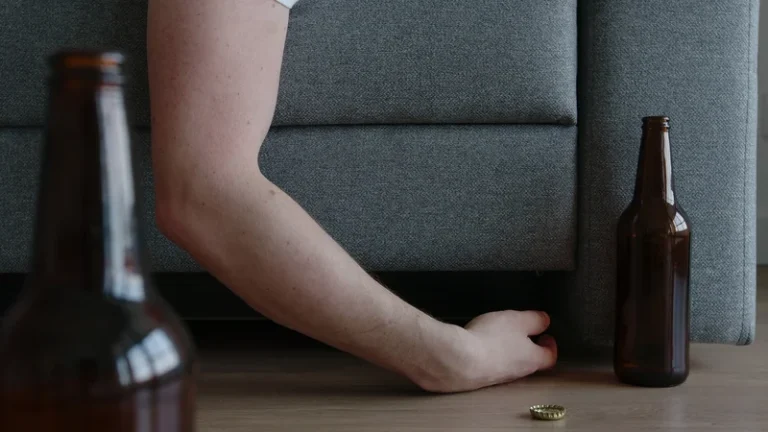
However, analyses stratified by regional subgroup, comparing those who consumed any alcohol with those who were abstinent, demonstrated no interaction between region and any of the study outcomes (Supplementary Fig. 5). The prevalence of type 2 diabetes is increasing and is greatly influenced by lifestyle factors, such as consumption of high-calorie diets and sedentary behavior, with a resultant rise in excess weight (1). Based on the Marino and Fromme(2015) findings, one could speculate that a genetic vulnerabilityto alcohol-induced blackouts is expressed only under certain environmentalconditions, representing a possible gene by environment interaction. Forexample, a mother with problematic drinking habits might contribute to anenvironment that is characterized by lower parental monitoring and increasedalcohol availability. These environmental factors, in turn, could createstress and contribute to early initiation of alcohol use and maladaptivedrinking behaviors in her offspring, especially sons, who are geneticallypredisposed to alcohol misuse and alcohol-induced blackouts.

The Role of Alcohol-Induced Blackouts in Symptoms of Depression among Young Adults
